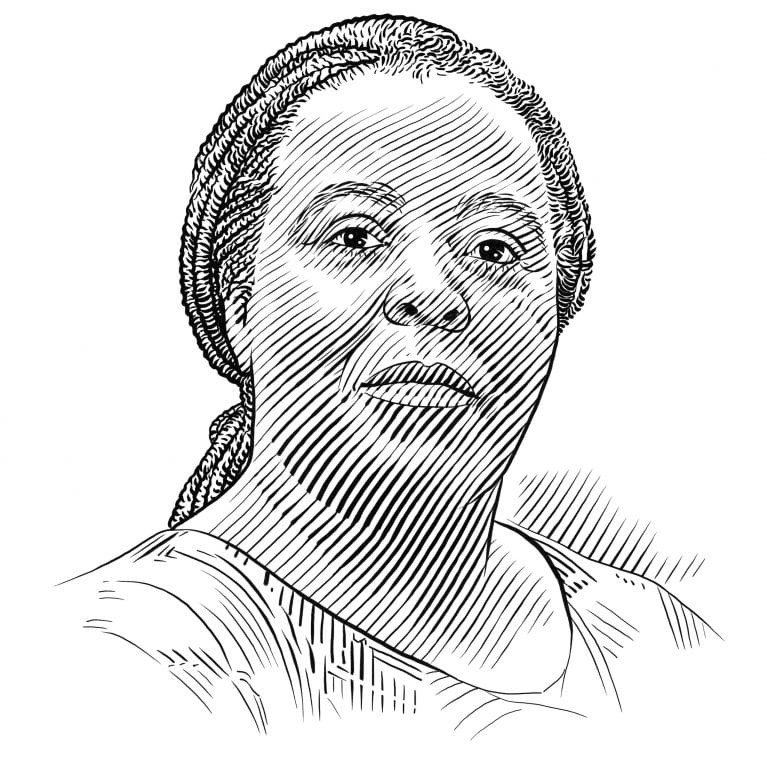Nina Wambiji

Who I am
Although I spent many of my early years around Egerton University in Kenya, where the only expanse of water was the university’s pool, I enjoyed school holidays on Kenya’s coast. Exposure to the ocean piqued my interest in the aquatic environment and marine research, even though I come from farming stock. I pursued my Master’s degree in India with a focus on fish dynamics in a lake ecosystem. My PhD at the University of Ryukyus, Japan, later took me back to the ocean, where I examined the molecular aspects of rabbitfishes. I clearly remember one eye-opening field trip to Kizimkazi, Zanzibar, where I spent two months as a research assistant on a dolphin project. This expedition made me realise that I wanted to do more for ocean research. I decided to dive in fully and contribute to building a body of scientific knowledge for the Western Indian Ocean region and beyond.
Where I work
You never know what kind of research will come your way at the Kenya Marine and Fisheries Research Institute (KMFRI). Each month and year brings its challenges and ways to tackle them. One assignment may involve working on small-scale coastal fisheries with local artisanal fishers and the next will take you aboard the national research vessel (RV Mtafiti) to collect benthic samples in the open ocean. You spend some days analysing research data and writing papers, while on others you are engaging with fishing communities and other stakeholders to ensure that fisheries are sustainable.
What I do
In recent years my collaborative research (with my co-principal investigator Andrew and our many other colleagues) has focused on mega marine fauna, including whales, dolphins, sharks, rays and turtles. Some of our critical findings continue to stimulate a desire to understand the rays, which remain understudied in places like Kenya. The need for a concerted effort is evident, particularly with regard to their sustainable management. Our recent work has highlighted the halavi guitarfish as a candidate for further research.
I am also currently working on a project that aims to understand the catch, genetics and socio-economic dynamics of billfishes in artisanal, recreational and commercial fisheries in 10 countries in the Western Indian Ocean. This work is supported by funding from the Western Indian Ocean Marine Science Association (WIOMSA) and the Pew Charitable Trusts, which support me as a 2020 Pew Marine Fellow.
